
Loading...
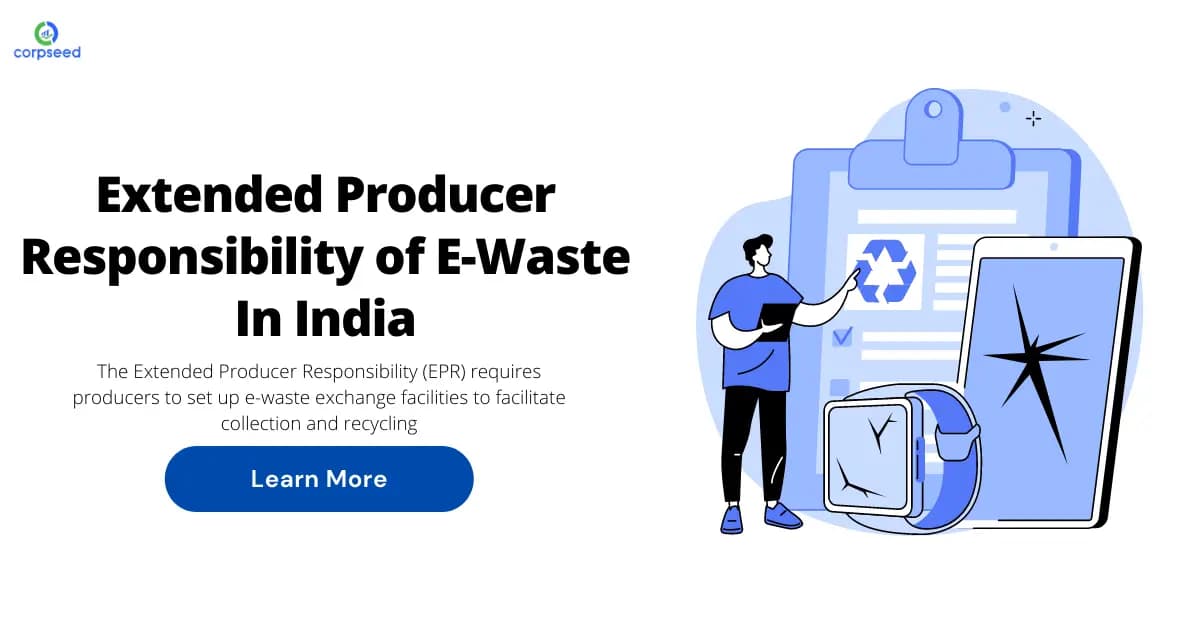
Producers will need to apple for and approval for age/stockpiling/treatment/removal of e-waste during the assembling of any electrical and electronic hardware in Form 1(a
About the Author

Related articles
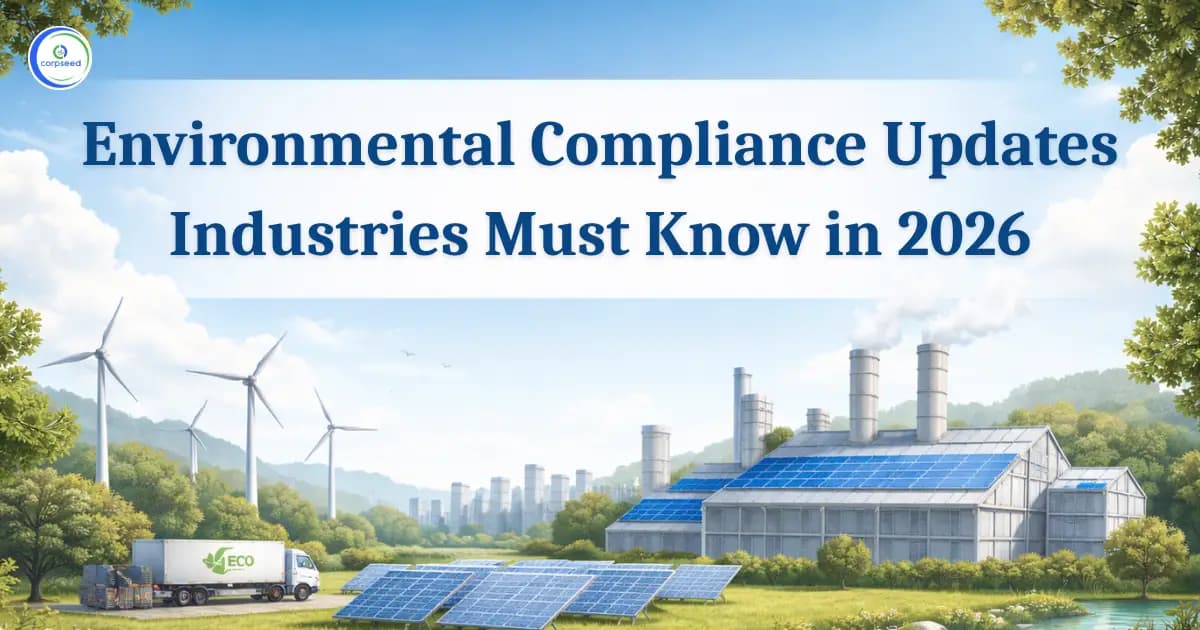
Environmental Compliance Updates Industries Must Know in 2026
2026-02-17
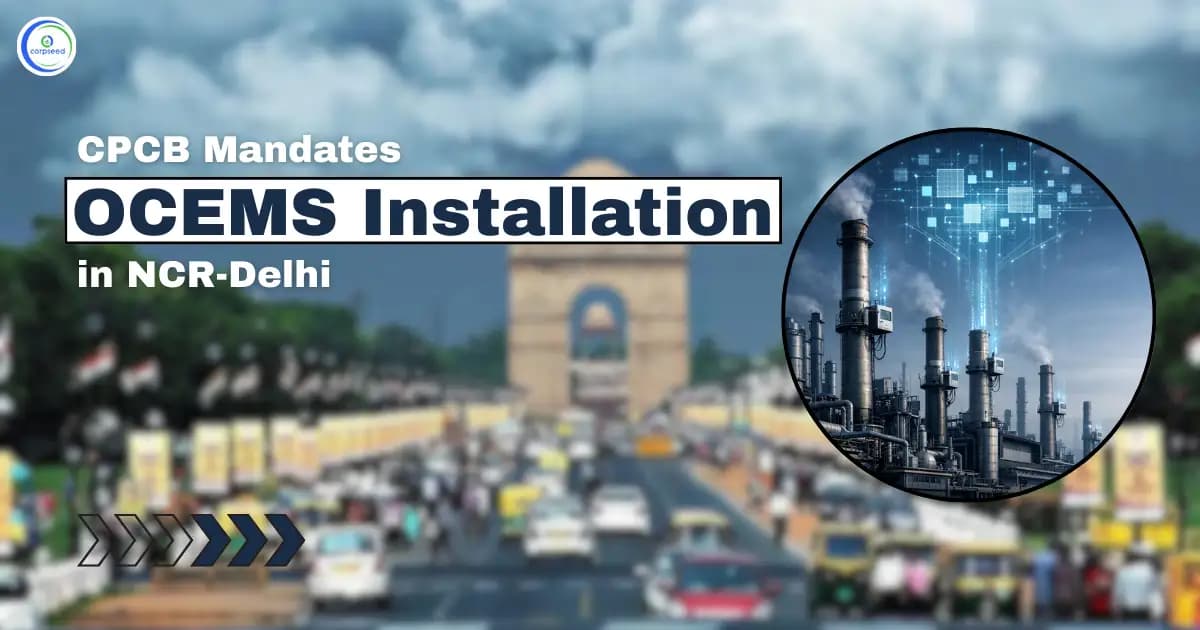
CPCB Mandates OCEMS Installation for Industries in NCR-Delhi
2026-01-28
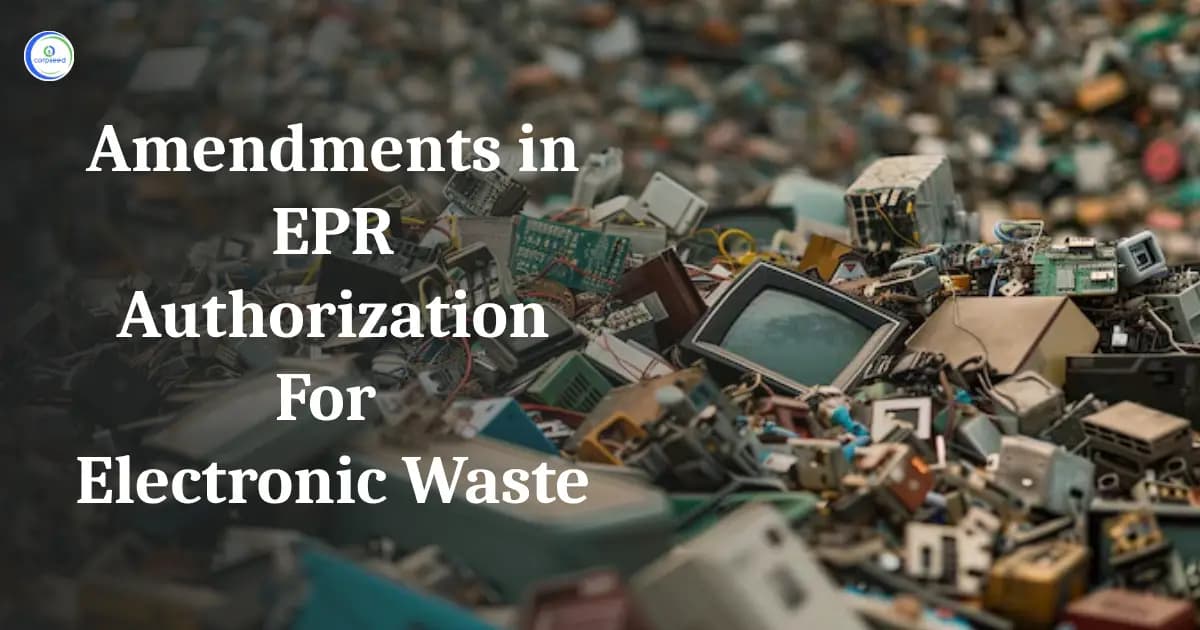
Amendments in EPR Authorization for Electronic Waste
2025-11-07
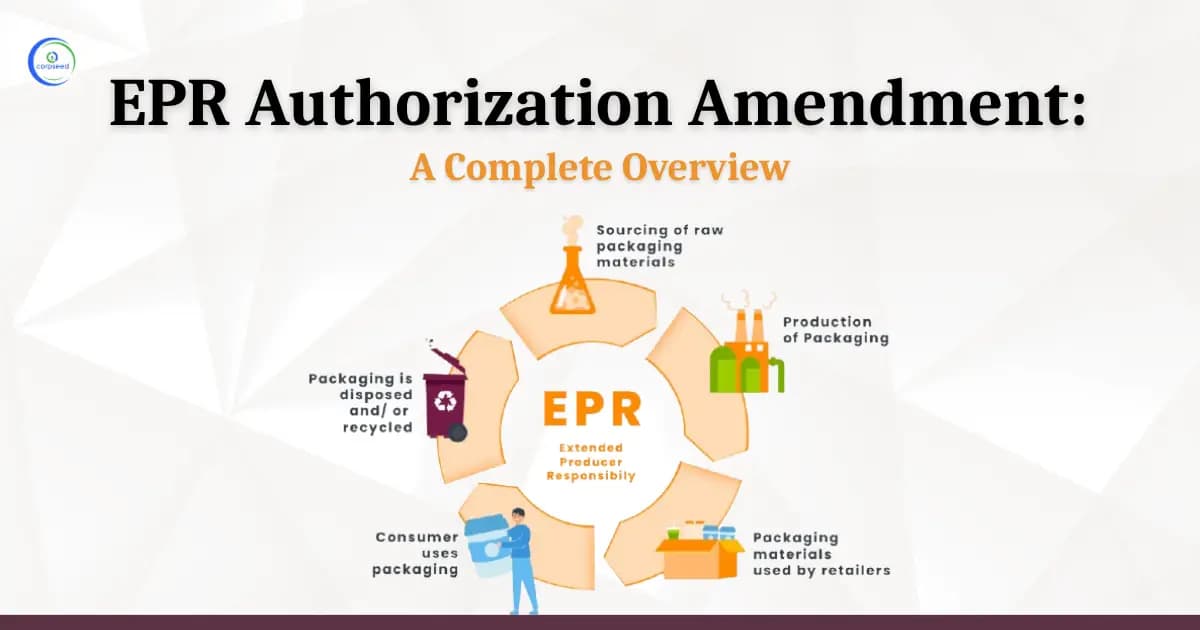
EPR Authorization Amendment: Step-by-Step Overview
2025-10-31
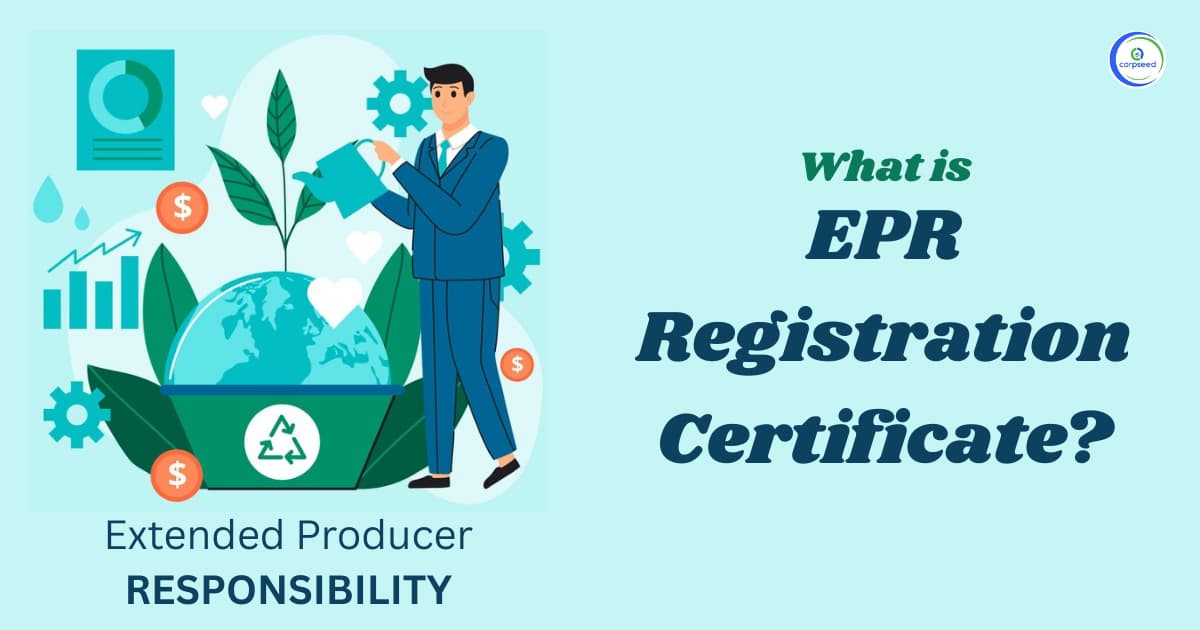
What is EPR Registration Certificate?
2025-08-22
.webp&w=1536&q=75)
How to Start a Biodegradable Packaging Business in India
2025-08-19